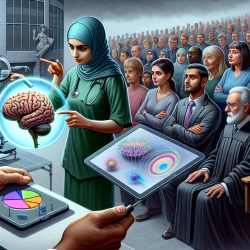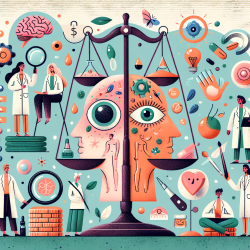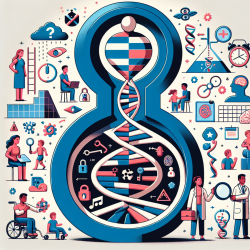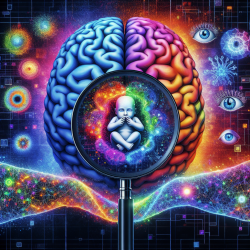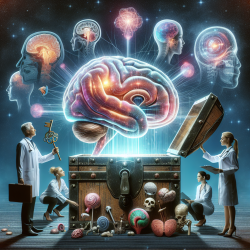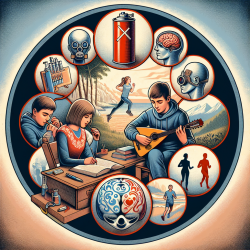The Chinese Cultural Revolution (1966-1976) was a tumultuous period marked by widespread social and political upheaval. One lesser-known aspect of this era is its impact on psychiatric institutionalization. The research article "Maoism and mental illness: psychiatric institutionalization during the Chinese Cultural Revolution" offers a compelling analysis of how psychiatric treatments were influenced during this time. This blog post will distill key insights from the research to help practitioners improve their skills and encourage further research.
One of the most striking findings from the study is that, contrary to popular belief, psychiatric treatments at 'F Hospital' in southern China were not radically altered by the political ideologies of the Maoist period. Instead, treatments remained predominantly biomedical, influenced by the prior training of the facility's lead physicians. Here are some key takeaways for practitioners:
- Consistency in Treatment: Despite political pressures, the physicians at F Hospital maintained a biomedical approach, primarily using antipsychotic drugs. This consistency in treatment highlights the importance of sticking to evidence-based practices, even in challenging circumstances.
- Adaptability: The hospital did incorporate some traditional Chinese medicine (TCM) and acupuncture as adjunct therapies. This suggests that while maintaining a core treatment strategy, it can be beneficial to adapt and incorporate supplementary treatments that may benefit the patient.
- Importance of Training: The lead physicians at F Hospital were trained before the Cultural Revolution, and their training significantly influenced their treatment methods. Continuous professional development and training are crucial for maintaining high standards of care.
- Ethical Considerations: The study revealed that the hospital minimized the use of politically influenced therapies because they were not seen as effective. This underscores the importance of ethical considerations in treatment, prioritizing patient well-being over external pressures.
For practitioners, these insights can be instrumental in improving their skills and approaches to treatment. The emphasis on consistency, adaptability, continuous training, and ethical considerations are all crucial elements that can lead to better patient outcomes.
Moreover, this research encourages further exploration into the impact of political and social contexts on psychiatric treatment. Understanding these influences can help practitioners develop more holistic and effective treatment plans.
To read the original research paper, please follow this link: Maoism and mental illness: psychiatric institutionalization during the Chinese Cultural Revolution.


